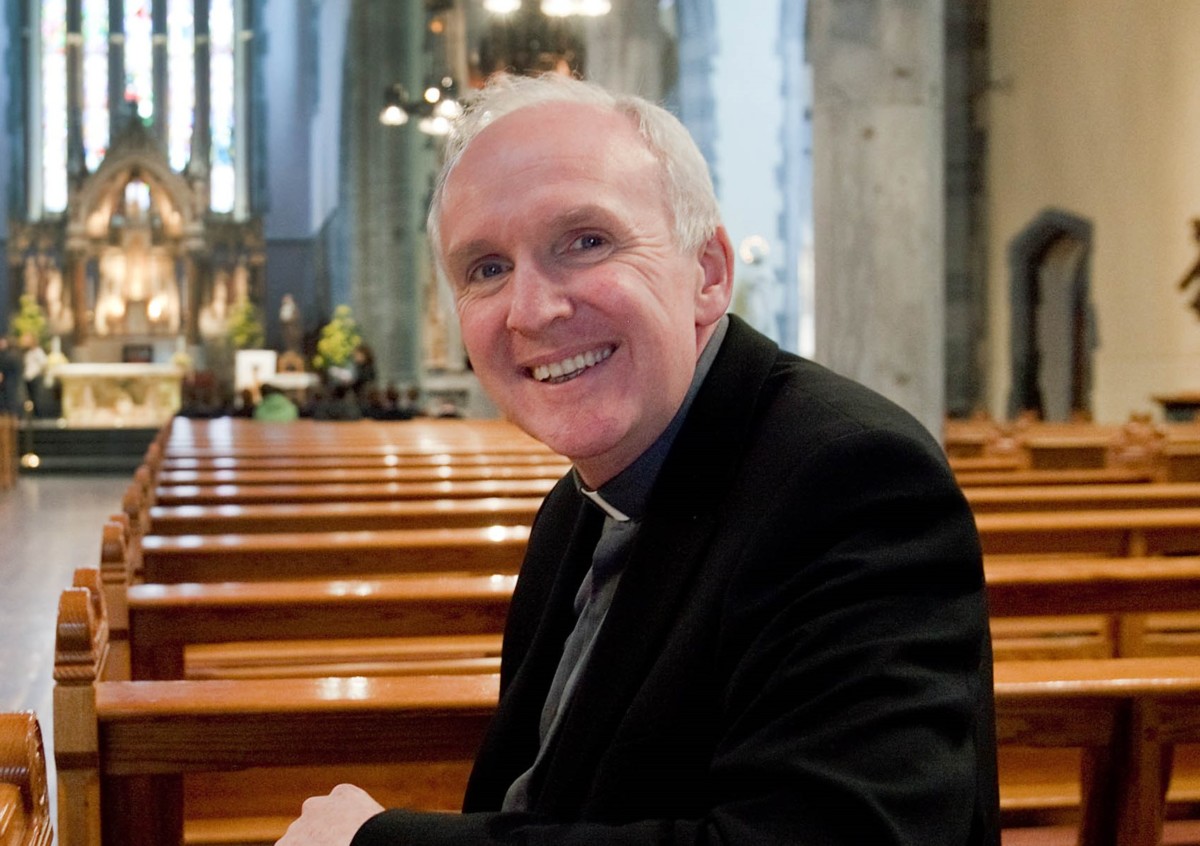Bishop of Limerick Brendan Leahy has said that while legislation from New Year’s Day will provide for abortion on demand, our moral compass must not allow it become the default for crisis pregnancies.
In an end of year reflection – the full text of which is available on the diocesan website www.limerickdiocese.org/ – Bishop Leahy said that the abortion referendum was a watermark in the perceived liberal agenda that is sweeping Ireland.
“We have now as a nation decided to remove the right of babies in the womb to live their lives to the full. We are now about to begin the taking of those lives indiscriminately. The right to choose superseding the right to life.
“I acknowledge a majority of the population voted in favour of repealing the 8thamendment to the Constitution. There were many reasons for doing so, not least the recognition of the hardship women have to endure in crisis pregnancies.
“It is to be hoped, however, that no one, or at least very few, willingly voted primarily for the abolition of the life of the unborn child in the womb. So, regardless of what way anyone voted and the reasons people had for voting as they did, it now behoves us all to do our part to make sure that abortion is not the default response that characterises people in Ireland when crisis pregnancies arise.”
He continued, “As a society, we need to recognise that while legislation now provides for abortion, it is not primarily what we want and our moral compass must steer us in an entirely different direction. We must think of the possibilities of life and the love it can bring.
“Undoubtedly, the hard cases we often heard about during the Referendum should remind us of the complexity of the issues. Complexities will still arise regardless of the legislation introduced. There will always be difficult decisions to be made.
“The question for us as a society is whether we still want to promote a culture of life that listens also to the child. I believe there is still a majority of people in Ireland who subscribe to a culture of the protection of the life of the unborn but many of those also subscribe to a culture of choice. But we cannot let the child be swept away lightly when making these hard decisions.”
Bishop Leahy also called for a greater level of respect in discussions around the sensitive issue. “A large percentage of those who voted for repealing the 8th would not, I suspect, identify with the celebration, the almost triumphant celebration, of the introduction of abortion legislation in the Oireachtas. They would not be at one with the indifference that this celebration may suggest there is in Ireland to the child in the womb.
“I would appeal, therefore, for a basic sense of decency in our rhetoric around the introduction of abortion into the State. Convinced though many may be that it is a positive step in terms of women’s rights, any sense that abortion is a progressive step for our country, for what we stand for as a nation, is misplaced.”
Bishop Leahy said that the conscience-bound objections on the part of healthcare staff need to be respected. It is “outrageous”, he said, to think that it would even be contemplated that doctors could be forced to perform or contribute to an abortion against their will. “Forcing them not to choose life would be a most inglorious watermark for this country. It goes against the deeper demands of our common humanity to force anyone to do so.
“I appeal to all public representatives, regardless of how they might have understood their sense of civic duty in supporting the abortion legislation, to keep their focus wide. They represent not only those in favour of abortion but also the many who find its introduction deeply distressing.
“And above all, I urge those in crisis pregnancies to choose life. To choose a glorious possibility.”
Bishop Leahy concluded: “On the eve of the introduction of abortion services into Ireland, let’s look one another in the eye, and regardless of how we voted, promise we’ll be promoters of a culture of life.”
ENDS


